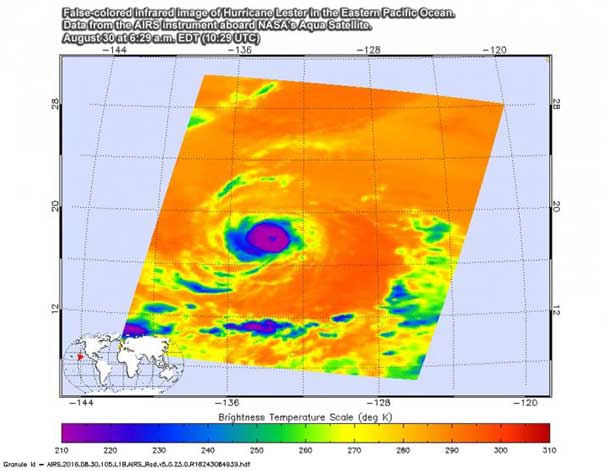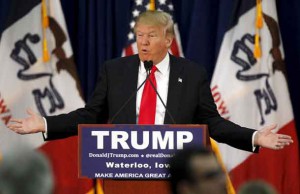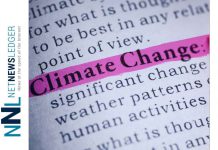

To keep his commitments, Trump must end US participation in original climate treaty
By Tom Harris
OTTAWA – OPINION – President Donald Trump must get the United States out of the Paris Agreement on climate change. Besides its nonsensical objective of limiting ‘Earth’s temperature’ rise as if we had a global thermostat, the agreement lets developing countries largely off the hook. This despite the fact that non-OECD countries are now the greatest source of energy related carbon dioxide (CO2) emissions.
For example, while the US agreed to reduce its greenhouse gas (GHG) emissions (82% of which is CO2) by 26%-28% below its 2005 level by 2025, China committed to stop increasing its CO2 emissions by 2030. Hanna Fekete, a founding partner of the Germany-based NewClimate Institute, explained, “Taking into account implemented policies, along with expected economic growth and other factors, China’s GHG emissions in 2025 will be 70% above 2005 levels. This is putting them on track to meeting their Paris Agreement target.”
And it will not be necessary for developing nations to meet their Paris emission goals anyway. They have an out-clause, one not applicable to developed countries.
Article 4 in the 1992 UN Framework Convention on Climate Change (UNFCCC), the treaty underlying Paris, states:
“Economic and social development and poverty eradication are the first and overriding priorities of the developing country Parties.”
Actions that significantly reduce CO2 emissions would usually entail dramatically cutting back on the use of coal—the source of most of the developing world’s electricity. As coal is generally the least expensive source of power, reducing CO2 output by restricting coal use would undoubtedly interfere with development priorities.
So, developing countries almost certainly won’t do it, citing Article 4 of the UNFCCC as their excuse.
UNFCCC supporters have speculated that the inclusion of a new phrase added to the agreements in 2014—that countries’ responsibilities will be decided “in light of different national circumstances”—will impose tougher requirements on poor nations as they develop.
That is unlikely. Article 4 has been the foundation of all UN climate negotiations, and developing countries will not allow this to change. Chinese negotiator Su Wei made this clear when he explained his government’s position that the purpose of the Paris Agreement is to “reinforce and enhance” the UNFCCC, not rewrite it.
Obama did his best to ‘Trump-proof’ his climate change agenda, even giving $500 million to the UN Green Climate Fund just three days before he left office. Trump needs to ‘Democrat-proof’ his agenda, and clearly, the best way to do that is to withdraw from the UNFCCC completely, which he can do without Senate approval.
Unlike Paris, which stipulates that the earliest a country can be out of the agreement is November 2020, withdrawal from the UNFCCC is allowed with one year’s notice. And once a signatory exits the UNFCCC, they are out of all agreements that are based on the UNFCCC. This includes Paris, the Green Climate Fund, and the 2013 “Warsaw international mechanism for loss and damage associated with climate change impacts” under which developed nations are held to a potential liability of trillions of dollars for the impact of extreme weather events that are supposedly our fault.
To keep his campaign promise to “stop all payments of the United States tax dollars to UN global warming programs,” Trump could work to get out of, or disregard, each of the UNFCCC agreements one by one. But this would result in years of conflict for the new administration. It is far better to be done with the hugely expensive and unscientific UNFCCC climate fiasco once and for all.
Joe Bast, president and CEO of The Heartland Institute, a national nonprofit research center based in Arlington Heights, Illinois, summed up the situation well: “This really is a case where cutting the tail off the dog all at once, rather than an inch at a time, is the right move. It would be the shot heard around the world and bring the whole man-made global warming house of cards tumbling down”.
Tom Harris is executive director of the Ottawa, Canada-based International Climate Science Coalition.





